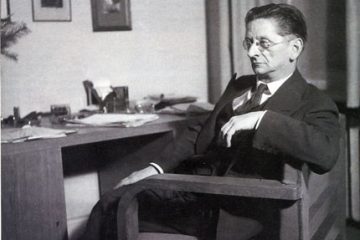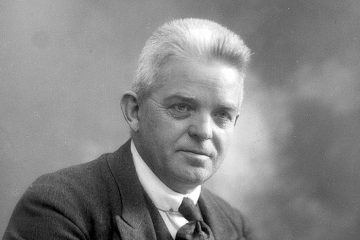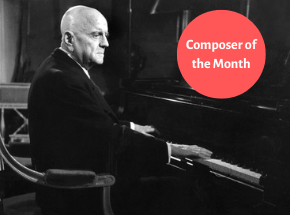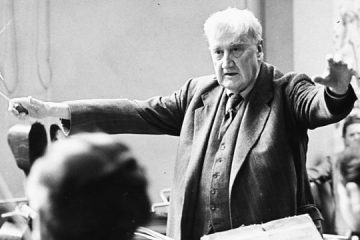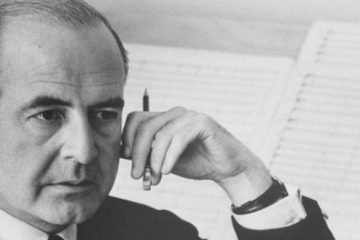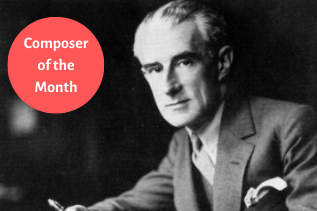Blogs
Alexander von Zemlinksy ‘Symphony No. 1 in D minor’: A Master of Musical Colour
Alexander von Zemlinsky: Symphony No. 1 Context Born in Vienna in 1871, Alexander von Zemlinsky was tutored by some of the ‘great’ composers of the Romantic period – Gustav Mahler and Johannes Brahms. After the premiere of Zemlinsky’s First Symphony, Brahms supported the young composer until his own death in 1897. Read more…
